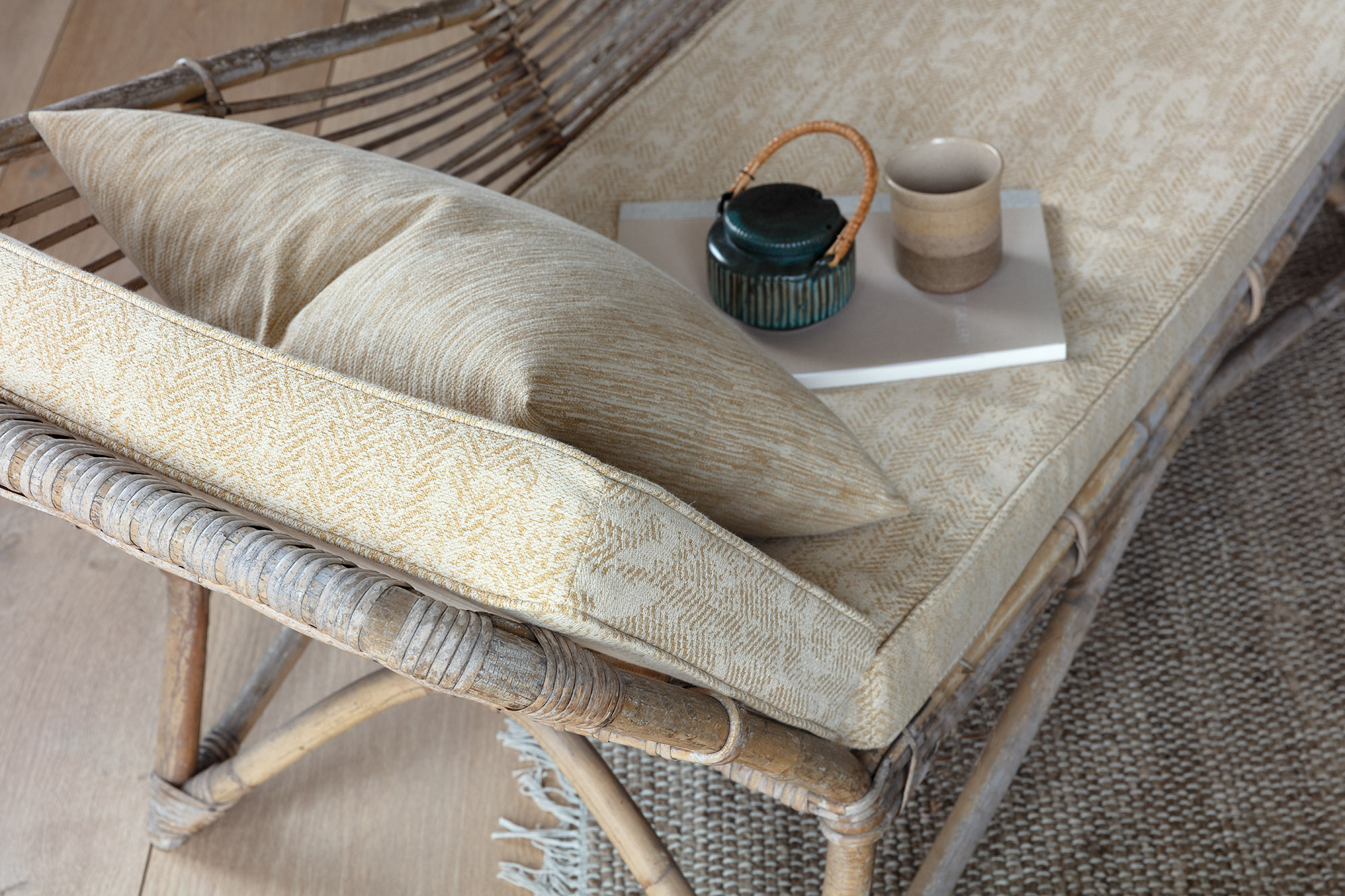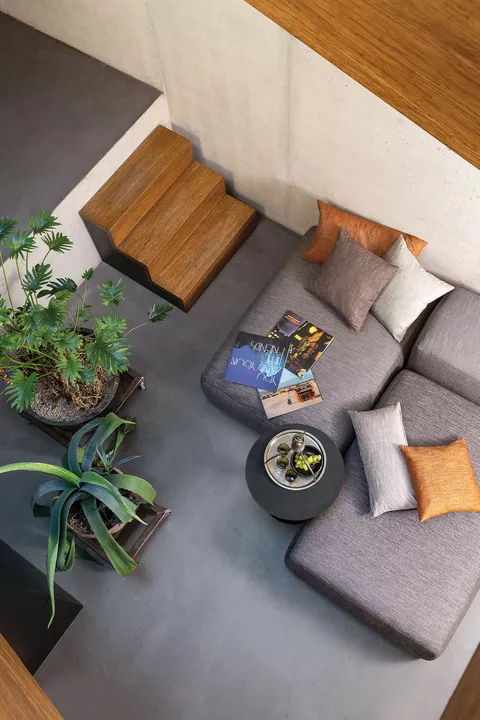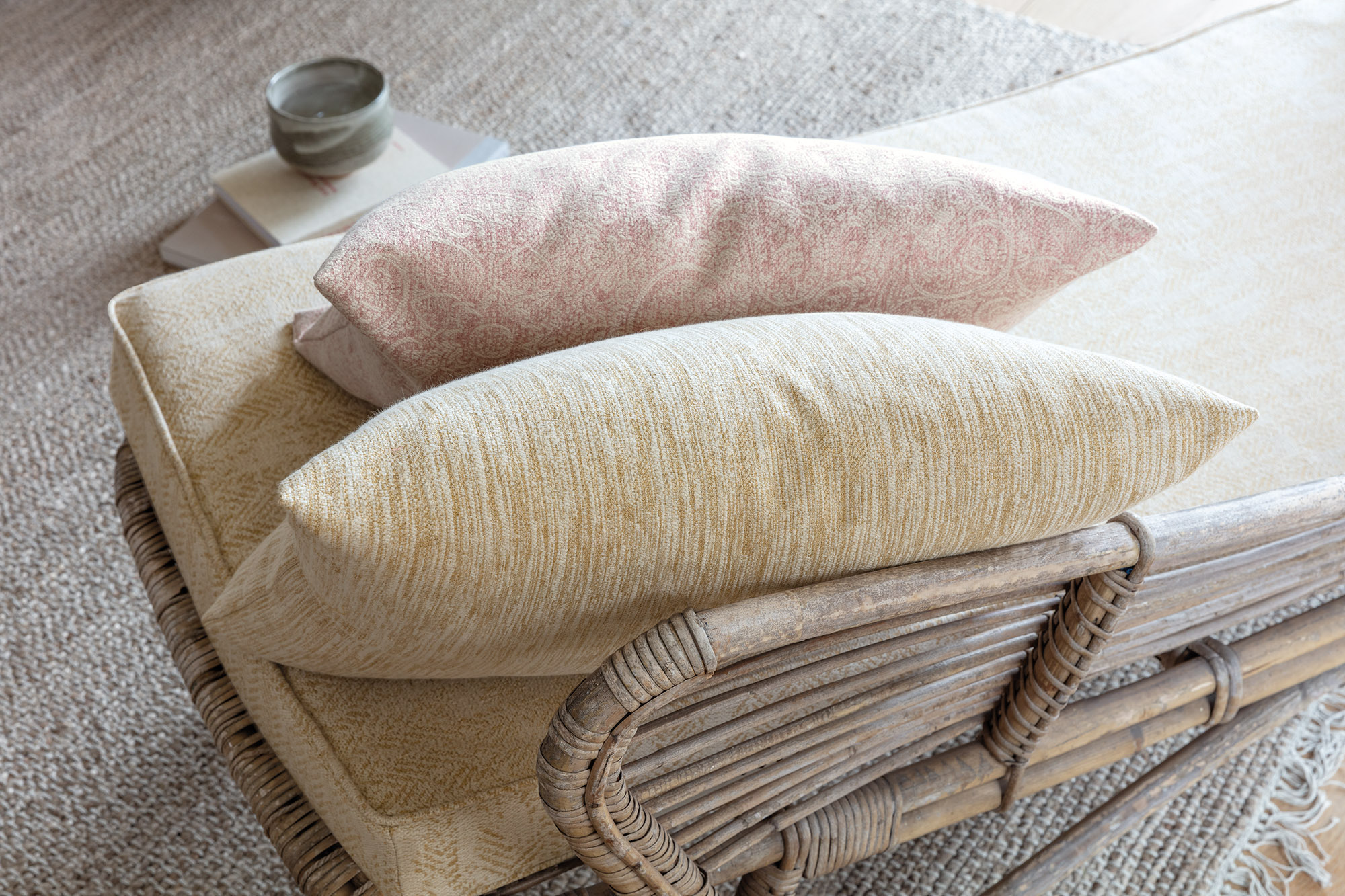RE-THINKING OUR WAY AT FIBREGUARD
At FibreGuard, we are not alone in that we’re looking to the future of both our industry and our planet. We’re looking around at the technology and materials we already have with us to see how we can remake these existing technologies and resources into materials with which to build a better future.
Today’s article is about refocusing our perspectives, rather than re-inventing the wheel, to build a healthier environment for us, our children, and our communities.
TEXTILE INDUSTRY SUSTAINABILITY NEEDS DECISION MAKERS TO FACE FACTS
Yes, consumers really do want sustainable products. It’s interesting to realize that the pressure for sustainable products is growing because of market demand – despite what manufacturers and producers themselves might think they know about their markets.

Retail executives’ perceptions about consumers and sustainability are off the mark, according study findings reported in Furniture Today.
This re-thinking of our industries is coming from a place of real consumer demand, at a time when our own climate needs this change most urgently.
The study found a jarring misalignment between what consumers value when it comes to sustainable issues and sustainable products, and what retailers believe they value. From our perspective in the textiles industry, key takeaways from this study include:
While 68% of consumers say that they would pay more for sustainable products, 66% of retailers believe that consumers would not.
Almost three-quarters of consumers (72%) said that sustainability is a very or somewhat important a purchase consideration, with only 51% of retailers believing the same.
Retailers disproportionately believe consumers are shopping sustainable products because they want to be “good citizens,” a behaviour characterised as social signalling. In fact, consumers are shopping sustainable products because they want to help the environment.
Among consumers, the most important attributes for sustainable products include improving the environment (29%), reducing production waste (23%) and reducing carbon footprint (22%).
So, as you see, developing sustainable business practices and sustainable textiles isn’t just some fad that companies are jumping on the bandwagon of so that they can show everybody that they’re “good citizens” too.



MAKING SUSTAINABLE TEXTILE PRODUCTION AS TRANSPARENT AS POSSIBLE
This re-thinking of our industries is coming from a place of real consumer demand, at a time when our own climate needs this change most urgently.
WORKING WITHIN THE GLOBAL RECYCLED STANDARD (GRS)
Many of our new collections feature easy clean upholstery containing polyester that’s certified under the Global Recycled Standard. If a company wants to list the GRS on their consumer-facing labelling, the product must contain at least 50% recycled content.
This is a transparent way of proving to our customers that any claims made about the recycled content of our fabrics are true and can be easily checked. The end-to-end traceability and transparency offered by the GRS is such an important step in taking responsible design further.
Our aims within the GRS:
Reduce any harmful impact of textile production to people and the environment
Provide assurance that FibreGuard fabrics are processed more sustainably
Drive higher percentages of recycled content in our fabric collections
The end-to-end traceability and transparency offered by GRS is such an important step in taking responsible design further.
Get all details on FibreGuard fabrics and the Global Recycled Standard here. Our unique GRS number is 1036513.



 English
English  ελληνικά
ελληνικά
0 comment(s)